As the world reverberates with the powers and consequence of language, this month’s round-up of translations are especially resonant with their assertion of how texts can subvert, heal, and ascribe meaning to life. Below, find reviews of a text that gathers poetry and its translators in boundary-defying dialogues of methods and ideas; a novel that powerfully uses silence to address the transgenerational trauma of the Rwandan genocide; and a sensitive story of an Iran on the precipices of change by celebrated modern novelist Simin Daneshvar.
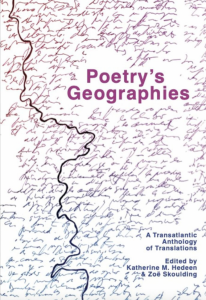
Poetry’s Geographies: A Transatlantic Anthology of Translations, edited by Katherine M. Hedeen and Zoë Skoulding, Eulalia Books, 2022
Review by Laurel Taylor, Assistant Managing Editor
How does one review a translation (or rather a set of translations) which center the translator? This is the question I’ve been asking myself as I make my way through Poetry’s Geographies: A Transatlantic Anthology of Translations, edited by Katherine M. Hedeen and Zoë Skoulding. This ambitious collection is unique in bringing together translation practitioners from the heart of the Anglosphere and giving them a space to speak about their practices—what Hedeen might describe as “countermapping,” what Don Mee Choi might describe as “lilymethod” mapping, and what Erin Moure might call “in”mapping.
As you may have gathered from this description, Poetry’s Geographies begins not with the text-in-translation but with the translator, with their essays and methods which speak in sometimes contradictory, sometimes complementary dialogues. Through these, we, the readers, are asked to sit with the very contradiction of translation itself—the notion that one language can be “deformed” or “twinned” or “exploded” into another. Indeed, the acknowledgement of this impossibility, the greatest and most repeated cliché concerning poetry and translation, drives the collection. As Skoulding writes in the introduction, “Rather than making the world more transparent and ‘accessible’ for quick consumption, poetry and its translation can sustain opacité…as an opaqueness that allows the Other to exist in full, not to be reduced or subordinated.” Put differently in the essay from Sasha Dugdale:
I stand against this idea of translation as a vitrine in which we see the original. I stand against it here, me, many kilos of proteins, lipids, water, with a slow local history of my own composition and concurrent decomposition (I see also that it is a grave act to scribble in these lines)
no person is a pane of glass no person is of pure intent no person is devoid of history
In this approach, the notion of language as a window is cast aside. Language is smoke and mirrors (me). Language is air (Ziba Karbassi). Language is sound (Skoulding). Language is an infestation (Moure). Language is a sufism (Stephen Watts). Poetry’s Geographies asks us to stare into the mist and watch the swirling shapes, the fleeting shadows, the forms familiar, menacing, and absent. The thing we perceive, in Hedeen translating Victor Rodríguez Nuñez, may in fact be absence:
your existing is not shaped
from the knot that resembles the foliage weave
your being is not shaped
from the board sanded down by countless downpours
barely the keyhole owl eye
to look inside so nothing was left outside
an image in heatfertilized by the void

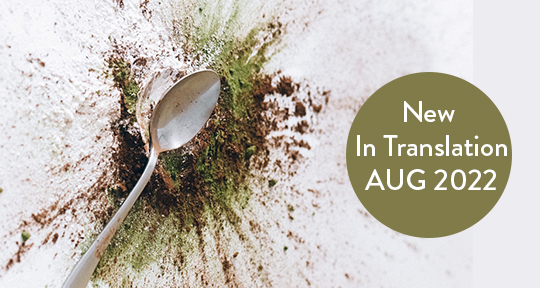
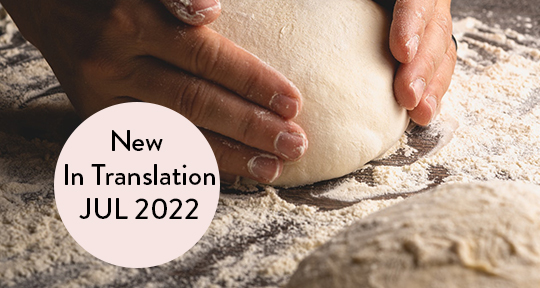
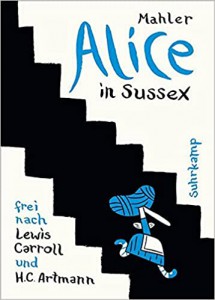
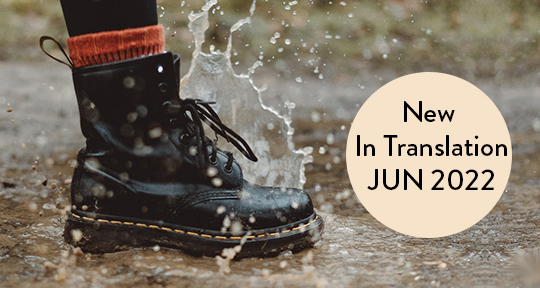
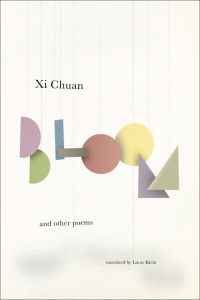
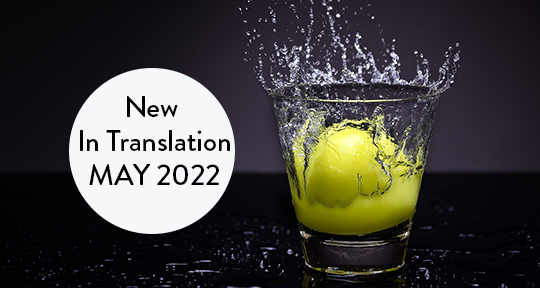
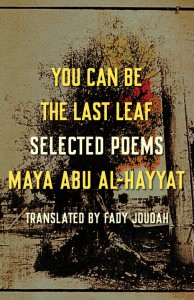
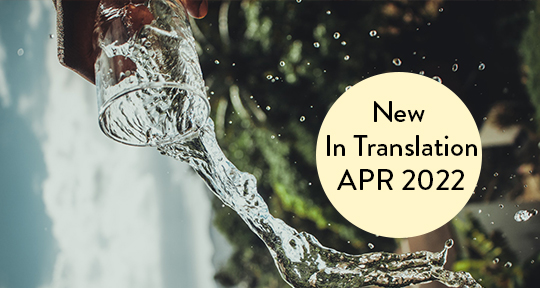
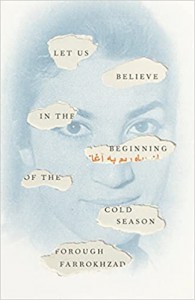
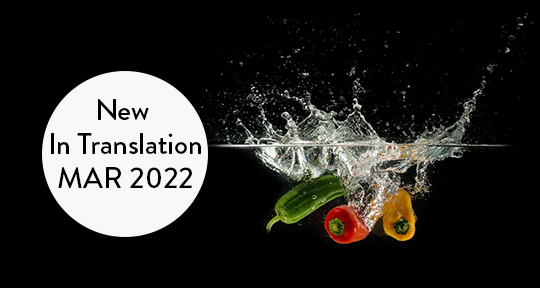
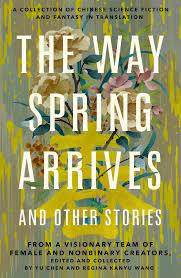
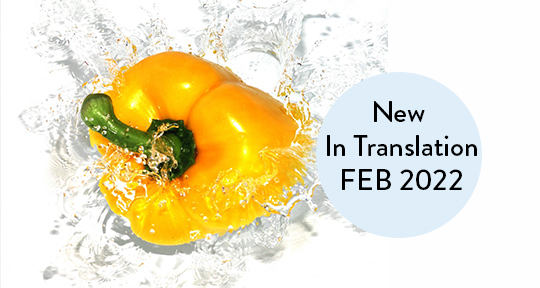
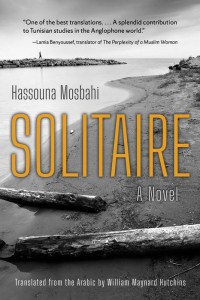
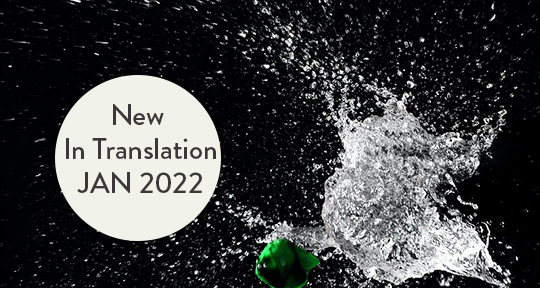
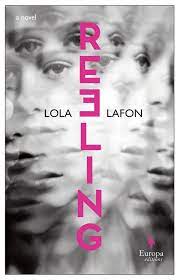
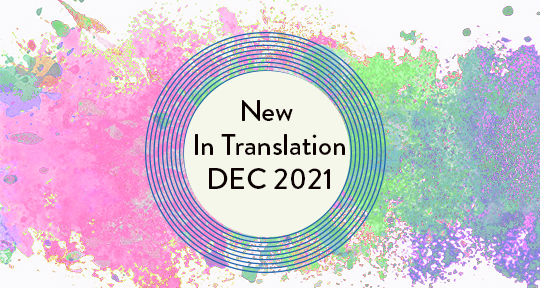
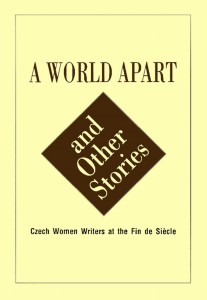

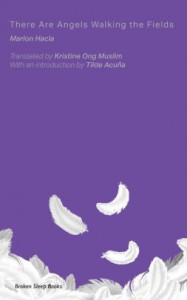
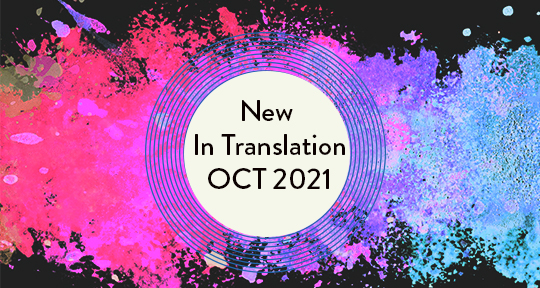
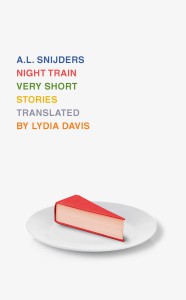
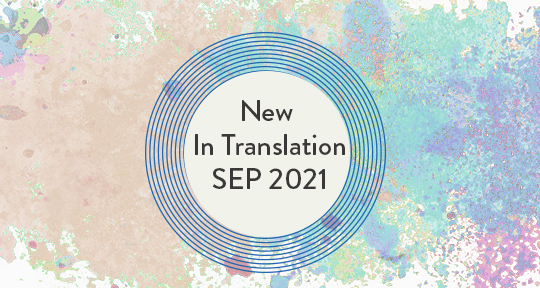
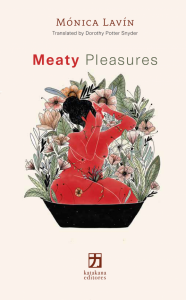
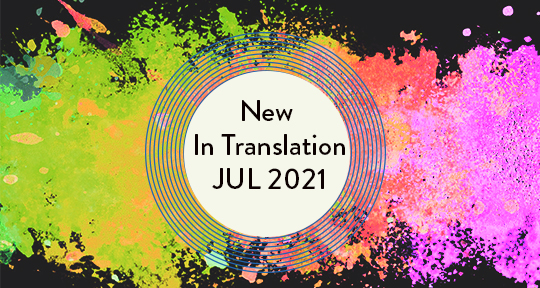
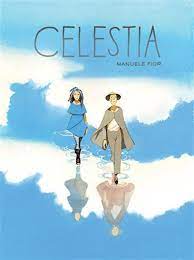
What’s New in Translation: August 2021
New work this month from Lebanon and India!
The speed by which text travels is both a great fortune and a conundrum of our present days. As information and knowledge are transmitted in unthinkable immediacy, our capacity for receiving and comprehending worldly events is continuously challenged and reconstituted. It is, then, a great privilege to be able to sit down with a book that coherently and absorbingly sorts through the things that have happened. This month, we bring you two works that deal with the events of history with both clarity and intimacy. One a compelling, diaristic account of the devastating Beirut explosion of last year, and one a sensitive, sensual novel that delves into a woman’s life as she carries the trauma of Indian Partition. Read on to find out more.
Beirut 2020: Diary of the Collapse by Charif Majdalani, translated from French by Ruth Diver, Other Press, 2021
Review by Alex Tan, Assistant Editor
There’s a peculiar whiplash that comes from seeing the words “social distancing” in a newly published book, even if—as in the case of Charif Majdalani’s Beirut 2020: Diary of the Collapse—the reader is primed from the outset to anticipate an account of the pandemic’s devastations. For anyone to claim the discernment of hindsight feels all too premature—wrong, even, when there isn’t yet an aftermath to speak from.
But Majdalani’s testimony of disintegration, a compelling mélange of memoir and historical reckoning in Ruth Diver’s clear-eyed English translation, contains no such pretension. In the collective memory of 2020 as experienced by those in Beirut, Lebanon, the COVID-19 pandemic serves merely as stage lighting. It casts its eerie glow on the far deeper fractures within a country riven by “untrammelled liberalism” and “the endemic corruption of the ruling classes.”
Majdalani is great at conjuring an atmosphere of unease, the sense that something is about to give. And something, indeed, does; on August 4, 2020, a massive explosion of ammonium nitrate at the Port of Beirut shattered the lives of hundreds of thousands of people. A whole city collapsed, Majdalani repeatedly emphasises, in all of five seconds.
That cataclysmic event structures the diary’s chronology. Regardless of how much one knows of Lebanon’s troubled past, the succession of dates gathers an ominous velocity, hurtling toward its doomed end. Yet the text’s desultory form, delivering in poignant fragments day by elastic day, hour by ordinary hour, preserves an essential uncertainty—perhaps even a hope that the future might yet be otherwise.
Like the diary-writer, we intimate that the centre cannot hold, but cannot pinpoint exactly where or how. It is customary, in Lebanon, for things to be falling apart. Majdalani directs paranoia at opaque machinations first designated as mechanisms of “chance,” and later diagnosed as the “excessive factionalism” of a “caste of oligarchs in power.” Elsewhere, he christens them “warlords.” The two are practically synonymous in the book’s moral universe. Indeed, Beirut 2020’s lexicon frequently relies, for figures of powerlessness and governmental conspiracy, on a pantheon of supernatural beings. Soothsayers, Homeric gods, djinn, and ghosts make cameos in its metaphorical phantasmagoria. In the face of the indifferent quasi-divine, Lebanon’s lesser inhabitants can only speculate endlessly about the “shameless lies and pantomimes” produced with impunity. READ MORE…
Contributors:- Alex Tan
, - Fairuza Hanun
; Languages: - French
, - Hindi
; Places: - India
, - Lebanon
; Writers: - Charif Majdalani
, - Geetanjali Shree
; Tags: - Beirut 2020 explosion
, - diary
, - disaster
, - Indian Partition
, - motherhood
, - recovery
, - social commentary
, - trauma
, - womanhood